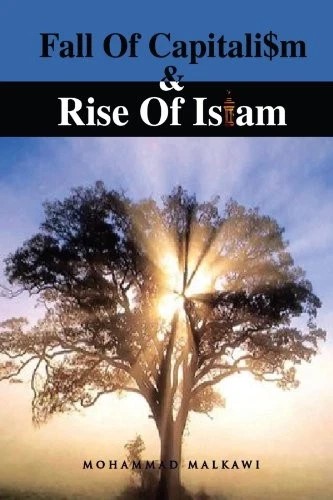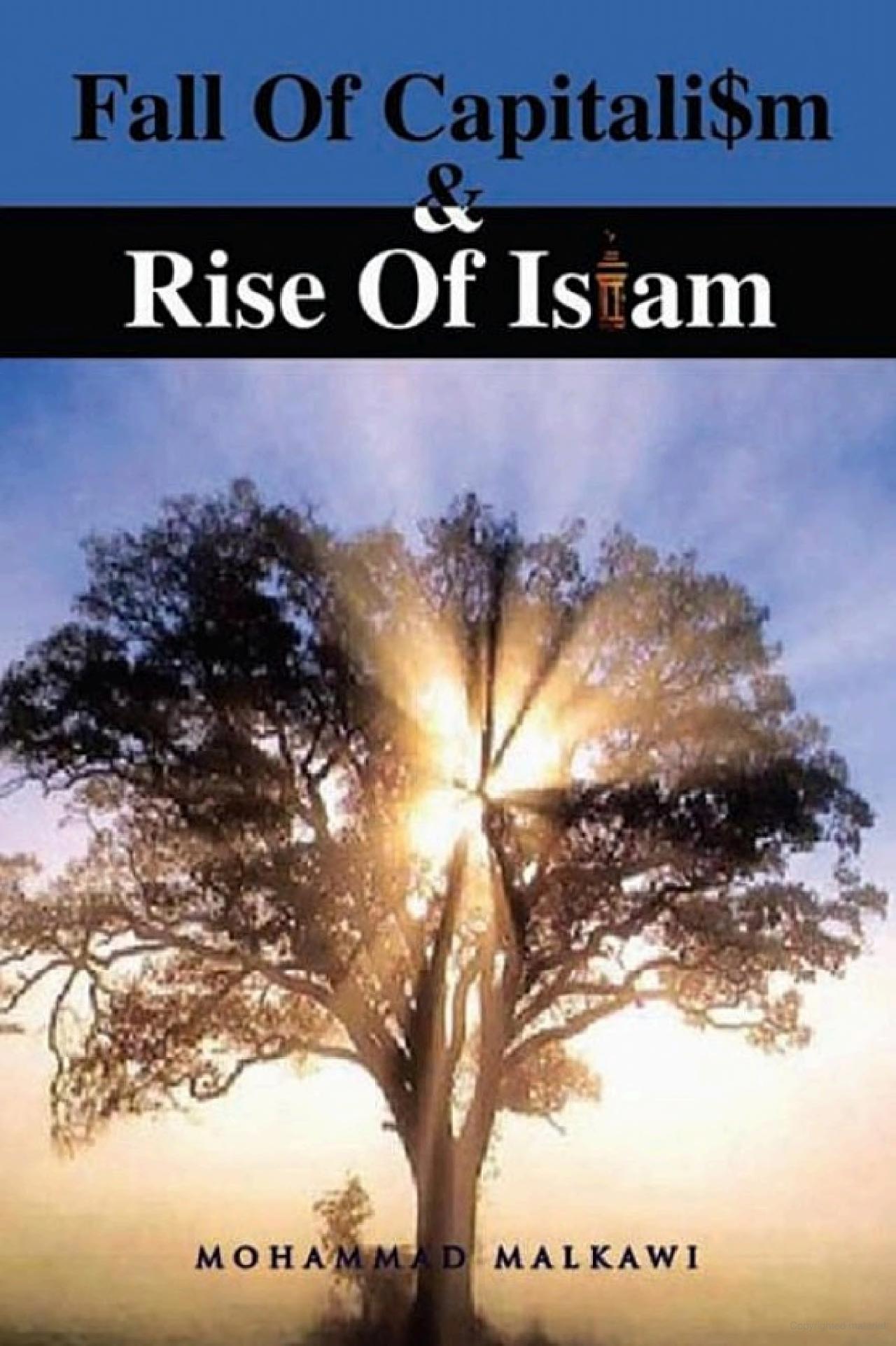This course covers the political concepts in details
Basic Concepts
Practical Issues

Introduction to Economic Systems (Part I)
This section introduces the fundamental concepts of economic systems, setting the foundation for understanding the Islamic economic model.
1. What is an Economic System?
An economic system is the method a society uses to produce, distribute, and consume goods and services. It reflects the values, priorities, and structure of a society.
2. Economic Science versus Economic System
- Economic Science:
- What to Produce
- How to Produce
- Economic System:
- Ownership of means of production
- Distribution of outcome of production (wealth)
3. Main Global Economic Systems
- Capitalist System (Market Economy):
- Based on private ownership.
- Driven by market forces (supply and demand).
- Emphasis on individual freedom and profit maximization.
- Socialist System (Planned Economy):
- Government controls resources and production.
- Focus on equality and social welfare.
- Limited role for private ownership.
- Islamic System:
- Tri-Ownership system.
- Extensive wealth distribution system.
4. Core Elements in All Economic Systems
- Ownership of resources (public, government, private)
- Role of the government
- Price mechanism and market control
- Distribution of income and wealth
5. Evaluation Criteria for Economic Systems
- Efficiency: How well resources are utilized.
- Equity: Fairness in distribution.
- Balance: Between individual, government and public ownership
- Stability: Economic predictability and growth.
- Poverty Solutions
· Economic Systems (Part II): IEC 201
This part provides in depth description of current and old economic systems
· History of economic systems
o Primitive economy – Hunting
o Feodal economy – Lands and Farming
o Rise of currencies – gold and silver
o Capitalist Economic System
o Islamic Economic system
o Socialist economic System
o Communist Economic system
· Capitalism
o Relative Scarcity
o Ownership
o Wealth Distribution
o Market Mechanism
o McKinsey Capitalism (Managerial or Corporate Capitalism)
o Separation of currency and economy (Petro-Dollar, and Swap Lines)
o Failure of Capitalism
· Socialism
o Materialism synopsis
o Ownership of means of production
o Wealth Distribution
o Government Control
o Failure of Socialism
o Could Socialism Rise again
· Communism
o Theoretical Basis (Marx, Angles)
o Remove barriers between all material beings
o Humans, products, methods are forms of one matter
o No ownership society
o Dissolve government and regulations
o Abandoned idea
· Islam
o Balanced economic system
o Based on divine revelations
o Introduction to the next course on Islamic Economy
· Islamic Economic Systems (Part III) IEC 301
o Historical background on the economy of Islam
o Literature review of the economic system of Islam
o The power of balanced ownership
§ Individual, government, public
o Regulations of the growth of economy
§ Riba (interst), hoarding,

This course is an introductory course on Economic System.
It is the first of a series of courses which include
ECN-SYS-1: Introduction to Economic Systems
ECN-SYS-2: Contemporary Economic Systems; this course introduces the economic systems of Capitalism, Socialism and Islam - A comparative Study
ECN-SYS-3: The Foundations of Islamic Economic System
ECN-SYS-4: Advanced Islamic Economy and Politiacl Economy

Syllabus
This course discusses basic concepts of economic systems, in a simplified manner. This course will address the following topics
1- Understand the basics of economic systems
2- Why Economic systems study made complicated and Difficult to Understand?
3- Simplifying the Essence of Economic Systems.
4- Wealth Accumulation and Distribution
5- Fairness and Justice in Economic System
6- Protection of Wealth and Wealth Sources
7- Poverty and Poverty Standards
References
1- Fall of Caitalism and Rise of Islam – Dr. Mohammad Malkawi
2- Economic System of Islam – Taqi Al-Deen Al-Nabhani
3- Political Economy – Abderrahman Al-Maliki
4- Iqtisaduna – Mohammad Baqer Al-Sadr
Instructor
Professor Mohammad Jilani
